
Looking after your teeth and gums should always be a priority; we all know the importance of twice daily brushing, flossing, and getting regular dental check-ups.
As we age, dental health becomes even more important, since your risk of gum disease increases, and healing takes longer.
The NHS recommends people follow its Eatwell guide for a balanced diet. It has useful information about getting your five-a-day as well as how our meals should be structured for a good balance of different food groups. But eating well extends beyond just balancing our food groups.
What we digest has to pass through our mouths first, and that food affects the health of our teeth and gums. While it’s obvious that sugary foods and drinks are not great for your teeth, some more surprising foods are also bad news.
Meanwhile some other foods can improve your dental health (and they're good for your overall health, too).

Dairy products, such as cheese, milk and yogurt, are a good source of calcium, which contributes to healthy bone structure and strengthens teeth. Research has shown that people who drink more milk or eat more cheese are less likely to get cavities.
Production of saliva can slow as we age, leading to a dry mouth, and there’s some evidence that sipping milk can help relieve this.
Cheese also contains casein, a form of protein that helps strengthen tooth enamel.
When you're choosing yogurt (or flavoured milks or dairy-based desserts), look for unsweetened or sugar-free versions. If you do need to sweeten them, try adding a small amount of honey, as there is some evidence that honey can protect your oral health.
If you don't eat dairy products, choose dairy alternatives, such as plant milks, that are fortified with calcium. Most plant milks will also be fortified with vitamin D, which can help the body absorb calcium. But be aware that organic products are not usually fortified.

Raw carrots and celery are particularly good for dental health, but so are other crunchy veg as they naturally clean the surface of the teeth as we bite. The high water content also encourages saliva production.
Carrots have a lot of vitamin C and vitamin A, both of which help tooth health. Celery contains vitamin A and may also have antioxidant and antimicrobial properties.
It has a unique taste; people either love it or loathe it, but if you do like it then it’s a great choice.

Vitamin D is important in keeping your teeth (as well as bones and muscles) healthy. There aren’t many foods that are rich in vitamin D, but oily fish such as salmon, sardines, herring and mackerel are good sources.
What’s more, eating oily fish can benefit your heart health at the same time.
Vitamin D is also made by the body from sunlight (which is weaker in the winter months) – so the NHS recommends we all consider a vitamin D supplement in the autumn and winter months.

Nuts are a great snack, as they’re low in sugar and are packed full of vitamins and minerals.
Almonds, Brazil nuts and hazelnuts are particularly good as they have good amounts of calcium and can help fight the bacteria that can cause tooth decay.
Do watch the portion size though. Nuts are high in healthy fats, which might sound good but means they are high in calories, so stick to a small handful.

Both black and green tea help to keep your teeth healthy. This is because compounds in tea work to fight bacteria, reduce acid in your mouth and also reduce the enzymes that turn starch into teeth-decaying sugar.
Antioxidants in tea can also help reduce inflammation, something that is important if you suffer from gum disease. Green tea is particularly high in these helpful compounds.
Make sure you’re drinking tea without sugar, otherwise the sugar will undo the benefits of the tea.
Sadly, the tannins in tea can stain your teeth – if you’re worried about this, brush your teeth or drink water after each cup of tea.

Lastly, it’s important to remember to drink water. The health benefits of staying hydrated are endless, and when it comes to preserving dental health, it’s a great choice.
In some parts of England, tap water has fluoride added, which protects the teeth.
Drinking water also helps get rid of leftover food particles in our mouth.

In part because they are hard, crunchy and fibrous, apples have a reputation as being good for your teeth. Some people even say that ‘an apple a day keeps the dentist away.’
Research suggests that while chewing an apple might remove some plaque from your teeth, it will leave some behind and it's nowhere near as effective as toothbrushing. Apples are also acidic, which is bad news for your teeth.
And while the research suggests that immediately after eating an apple, there might be fewer bacteria in your mouth (probably because munching on an apple will aid saliva production), this is only a temporary effect and they're likely to multiply afterwards.
Apples are not all bad news for your health, though, as they do contain useful nutrients like vitamin C, potassium and fibre. Make sure you eat the peel, as antioxidant flavonols are only found in the peel.

Wine (along with juices and sugary drinks) is bad news for your teeth and gums. This is despite one 2018 study which led to headlines claiming that red wine is good for your teeth.
The study did find that antioxidant compounds in wine, called polyphenols, could help fend off harmful bacteria in your mouth. But the study was carried out in dishes in the lab, not in the real world. It also used polyphenols derived from red wine, not wine itself.
In reality the fact that wine contains sugar and acid means it's bad news for your teeth. Alcohol (and wine in particular) can also lead to a dry mouth, which means that your teeth won't be getting as much protection from your saliva. Red wine is also likely to stain your teeth.
Eating a healthy, balanced diet is a great way to protect your health, dental or otherwise. A good mix of different vegetables, some fruit, and plenty of water will all help support our teeth and gums to remain strong.
Along with a regular brushing and flossing routine, don’t forget to visit the dentist for regular check-ups, and contact them if you notice any problems in between appointments.
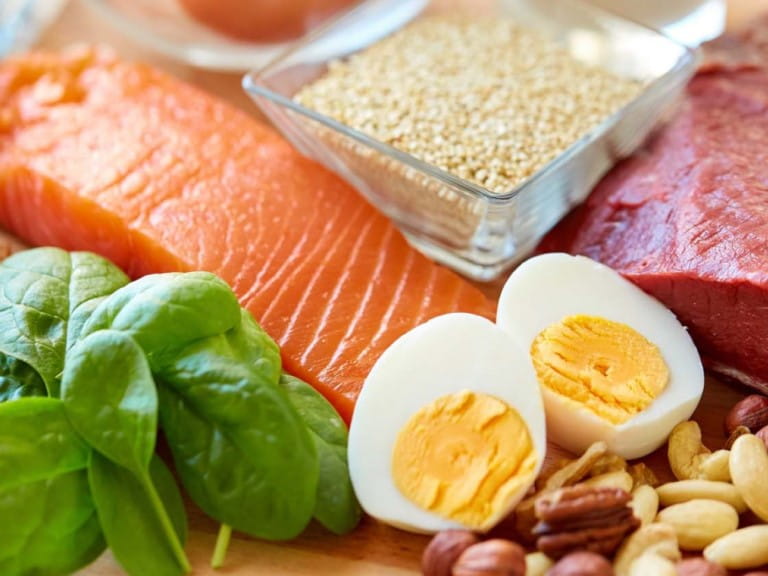
Everything you need to know about protein, from how it benefits your body to the best high-protein foods – and how much you really need.


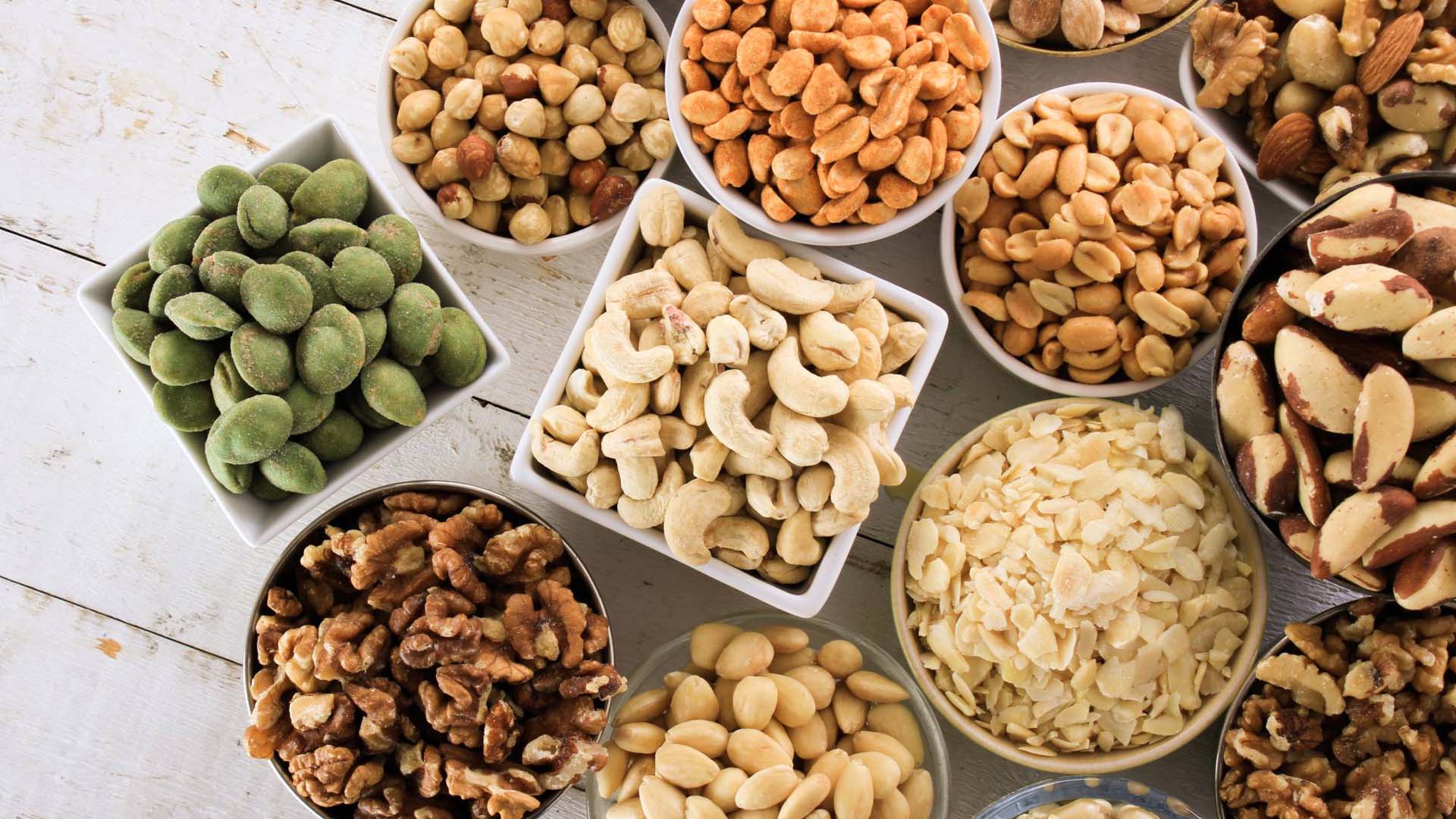
Let’s roast the myths! Not only are nuts less fattening than once feared, research shows they can cut the risk of heart disease too
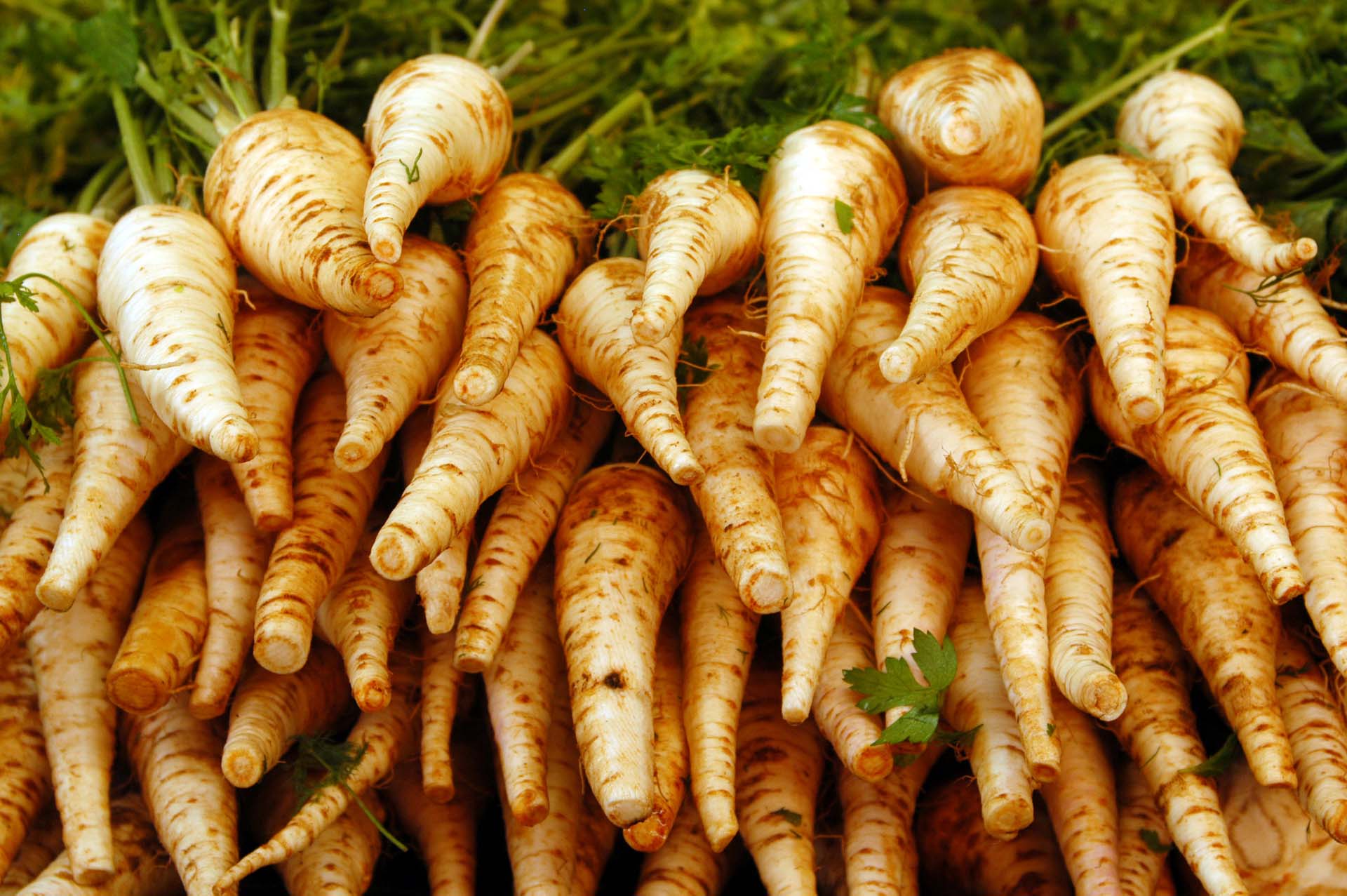
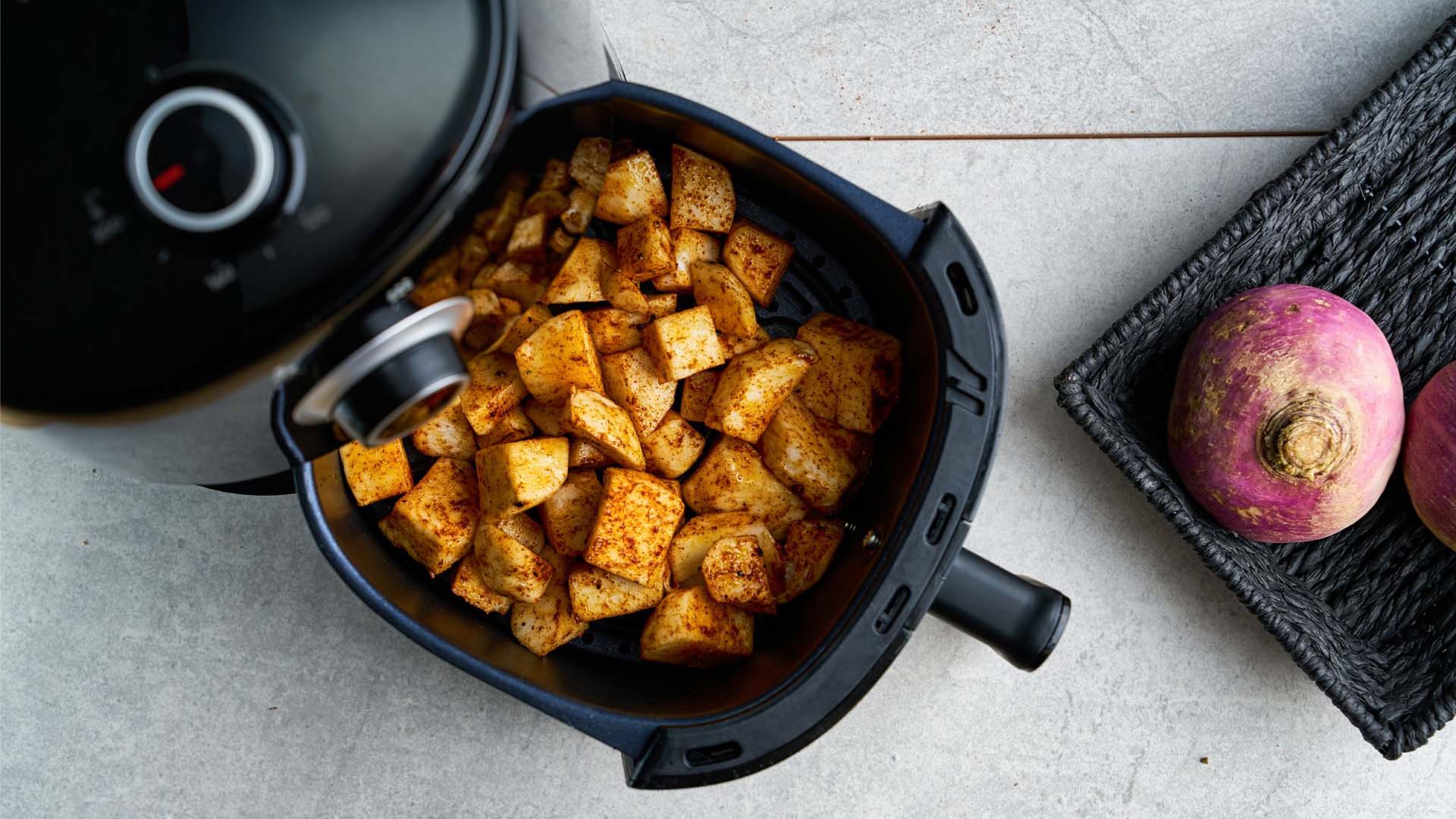
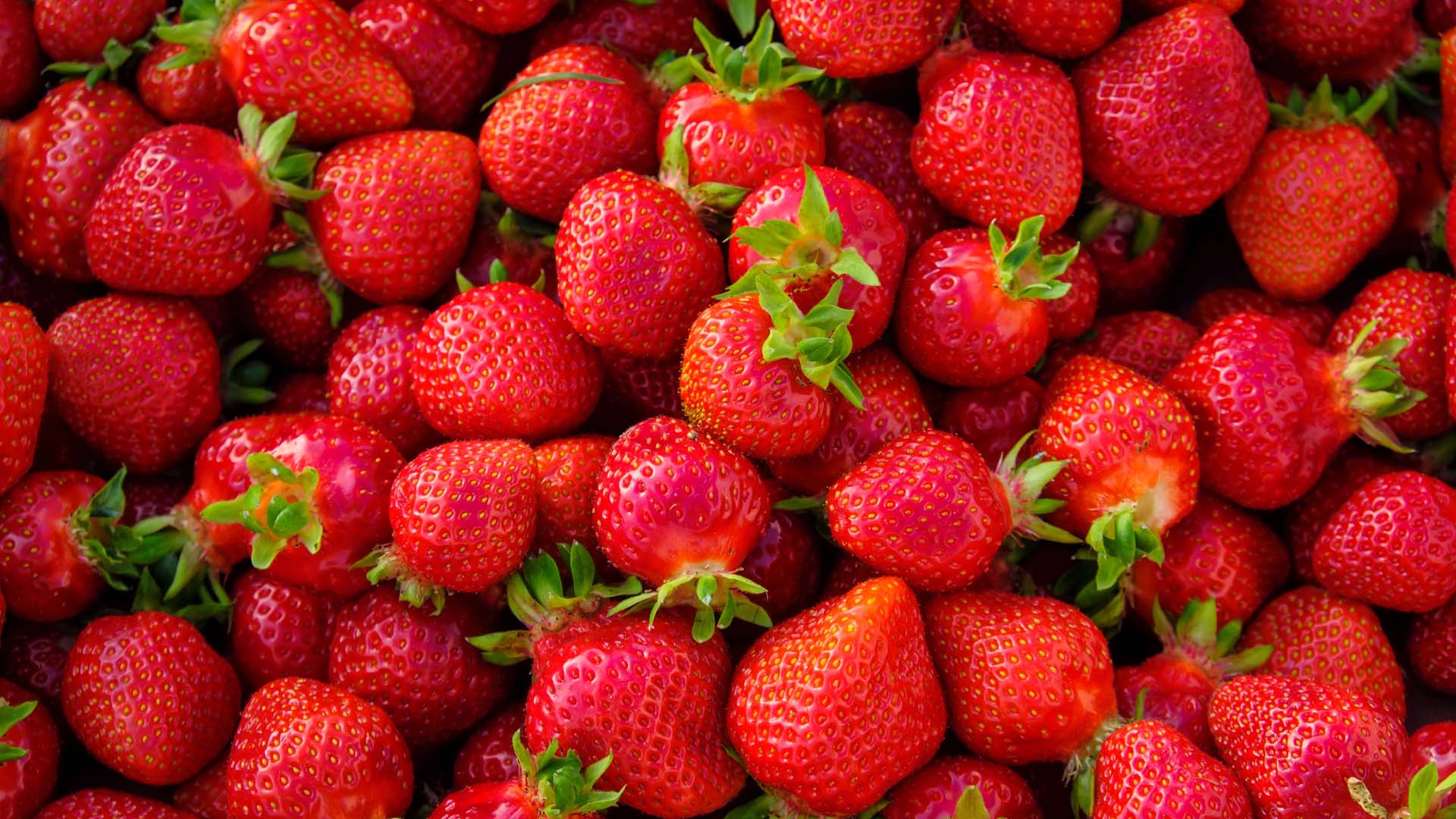
Strawberries don't just taste and look great, they are full of fibre, help your heart health and may even stave off dementia.
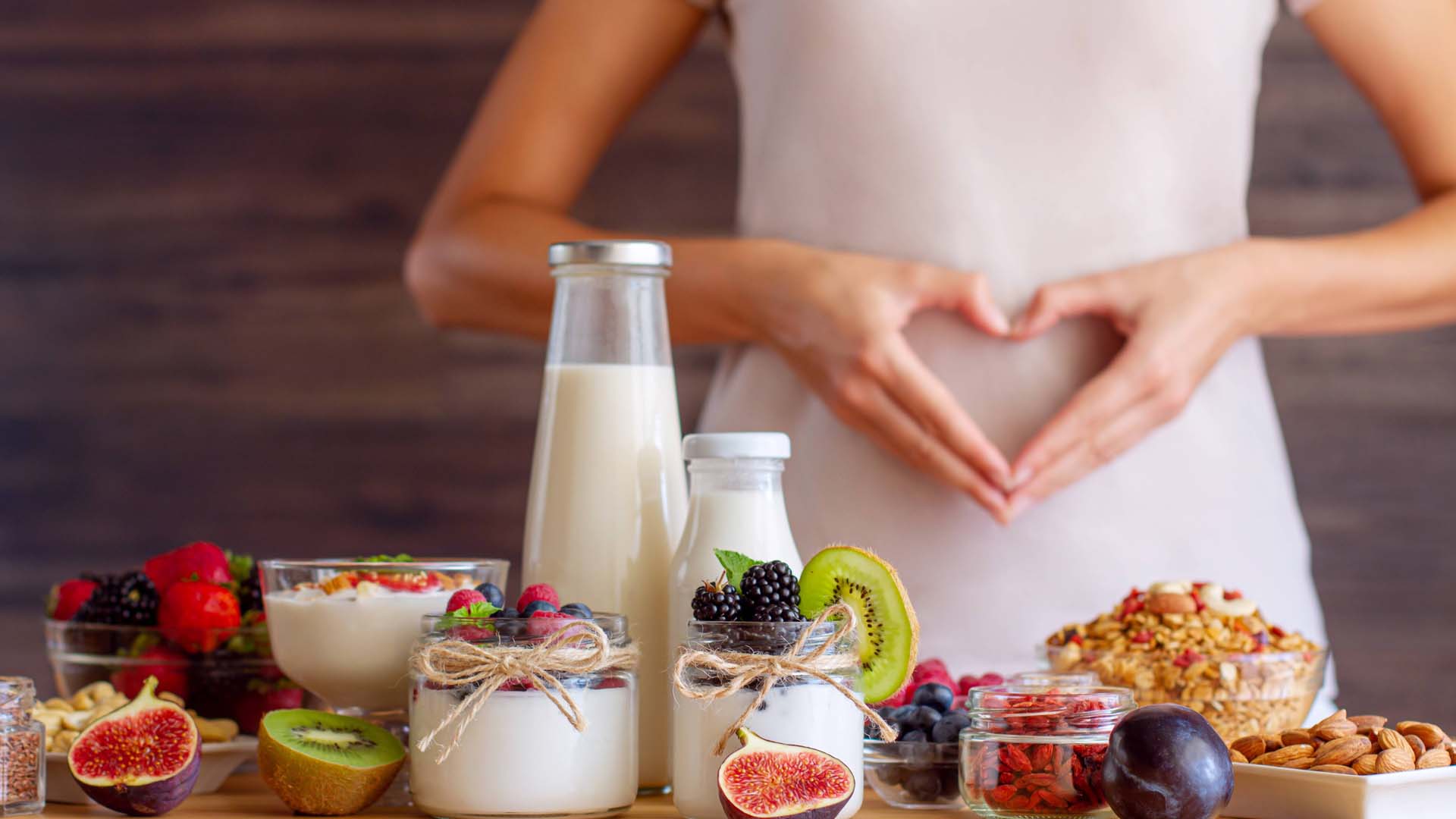
Looking after your gut health could be one of the biggest things that you can do for your overall health. Here are the best foods to keep your gut happy.
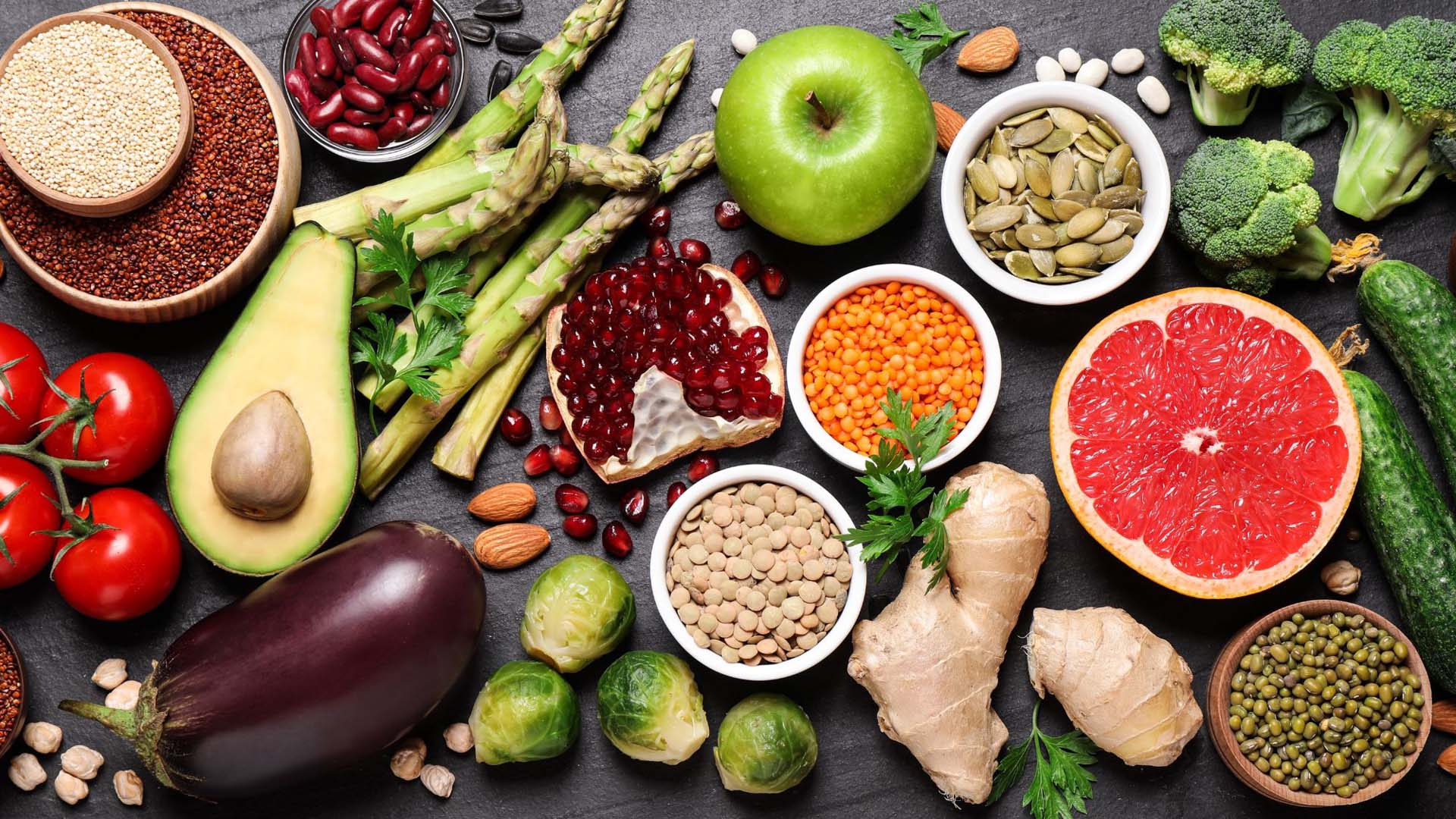
The foods that could help you live longer and protect against chronic illness.